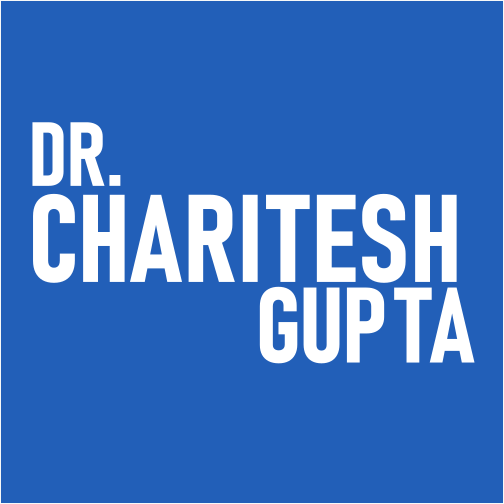Fellowships (medicine)
Fellows are capable of acting as an Attending Physician or a Consultant Physician in the generalist field in which they were trained, such as Internal Medicine or Pediatrics. After completing a Fellowship in the relevant sub-specialty, the Physician is permitted to practice without direct supervision by other physicians in that sub-specialty, such as Cardiology or Oncology.
List of Fellowships
- Neuroendoscopy and Neuronavigation – Germany
- Gamma knife – Principles and Practice course – USA
- UICC Fellowship – USA Ÿ Microneurosurgical skills and brain fiber dissection – Turkey
- Microvascular skills – USA
- Stroke update – Singapore
- WFNS Education course – Taiwan
- Neuro-oncology course – London
- Spine Masters Course – Mumbai and Delhi
Endoscopy plays an important part in current minimally invasive neurosurgery. The concepts, indications, and standards of current neuroendoscopy were developed in the beginning of the 1990s by several groups of neurosurgeons. Several factors contributed to its success and acceptance, including technical development, influence of other disciplines, and adaptation to neurosurgical requirements. This historical survey focuses on the period when this technique initially emerged, including the scientific discussions of each group as well as the arguments and reasons that led to present intraventricular neuroendoscopy. Interestingly, despite the almost independent development of neuroendoscopic systems and techniques, the available systems and techniques applied these days grossly correspond. Rigid rod-lens endoscopes are generally accepted as the best option among the various available instrument sets. Nevertheless, frameless as well as frame-based stereotactic endoscopy and flexible steerable endoscopes might have their applications as well.
The Department of Neurological Surgery and the University of Pittsburgh School of Medicine Center for Continuing Education in the Health Science present a Gamma Knife® training course, “Principles and Practice of Gamma Knife Radiosurgery,” targeted at neurosurgeons, radiation oncologists and medical physicists interested in Gamma Knife radiosurgery education.
Quality of neurosurgical care and patient outcomes are inextricably linked to surgical and technical proficiency and a thorough working knowledge of microsurgical anatomy. Neurosurgical laboratory-based cadaveric training is essential for the development and refinement of technical skills before their use on a living patient. Recent biotechnological advances including 3-dimensional (3D) microscopy and endoscopy, 3D printing, virtual reality, surgical simulation, surgical robotics, and advanced neuroimaging have proved to reduce the learning curve, improve conceptual understanding of complex anatomy, and enhance visuospatial skills in neurosurgical training. Until recently, few means have allowed surgeons to obtain integrated surgical and technological training in an operating room setting.
This course is designed for practicing surgeons, residents and fellows in surgery programs that utilize microvascular procedures. In addition, physician assistants, research personnel and other members of the surgical team assisting in microvascular procedures will also benefit.
Stroke is an enormous public health problem worldwide. The National Registry of Diseases Office reported that in 2014, there were about 7000 cases in Singapore, which approximates 20 cases per day. Most of those affected are aged over 60, and about 80% are ischaemic strokes. Stroke also ranks consistently amongst the top 5 causes of death in our country. With better understanding of Pathophysiology and primary prevention, the age-specific incidence of stroke in Singapore has been declining. However, the absolute number of patients each year has been gradually increasing, likely due to demographic shifts.
The WFNS Education and Training Committee wishes to thank its 30 Faculty members representing 5 continents who volunteered over the past 20 months donating their time and efforts to deliver a robust neurosurgery education program around the world. Our mission is to work together with the WFNS to improve worldwide neurosurgical care, training and research to benefit our patients. Our immediate goal is to facilitate Neurosurgery Education and Training throughout the world with particular attention to Low and Middle Income Countries (LMIC) by providing Educational courses on site and on-line, web-based material, publications.
Neuro-oncology Teaching Course. To introduce the basic principles and recent advances in Neuro-oncological treatments. To develop a standardised approach to the diagnosis and classification of brain and spinal tumours using modern imaging, histopathology and molecular genetic techniques.
The Neuro Spinal Surgeons Association was established in India in the year 2001. Its objectives were to bring together all concerned with the development of Spinal surgery; to stimulate education, learning and knowledge in this field; to stimulate research particularly in complex spinal problems like management of instability, management of developmental anomalies of spine and spinal cord, management of intraspinal and intramedullary lesions , failed back syndromes etc.
Head on over to Clinical Positions and Learn more about Dr. Charitesh Gupta’s Clinical Positions. The Link is down below.
Clinical Postions
